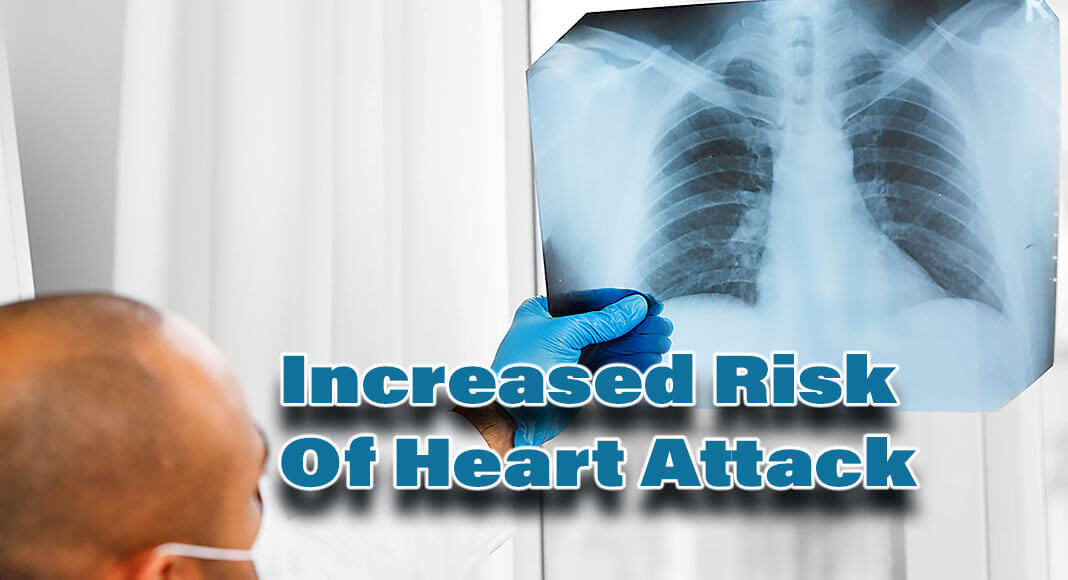
Mega Doctor News
By Vanderbilt University Medical Center
Newswise — Patients with serious pneumococcal infections, including pneumonia and sepsis, are at a substantially increased risk of heart attack after the onset of infection according to a Vanderbilt study published in Clinical Infectious Diseases.
Prior work has demonstrated that infections can potentially lead to systemic inflammatory responses that can trigger the development of major cardiovascular events, including heart attack. Yet, the specific risks associated with pneumococcal infections, especially invasive pneumococcal disease, are less clearly understood.
The study, led by Andrew Wiese, MPH, PhD, assistant professor in Vanderbilt’s Division of Pharmacoepidemiology, Department of Health Policy, examined the rate of heart attacks among patients with laboratory-confirmed invasive pneumococcal disease compared to control periods without infection among Tennessee residents during 2004 to 2019.
“Heart attacks and pneumococcal disease are both common diseases, especially among older adults. So, it’s important to understand whether having a pneumococcal infection might predispose someone to experiencing a heart attack, and to understand the timing when they might be at greatest risk,” Wiese said.
“What we found is that among people with pneumococcal pneumonia and sepsis, the risk of a heart attack diagnosis was highest in the first week after onset of the infection. Though the risk did decline over time, the risk of heart attack remained elevated in the entire year after compared to the year before infection.”
The study population was constructed from a novel data platform involving the unique linkage of data from the Tennessee Active Bacterial Core Surveillance (ABCs) system, led by William Schaffner, MD, and Keipp H. Talbot, MD, MPH, and statewide payer hospitalization data from the Tennessee Department of Health.
Since pneumococcal disease is vaccine preventable, “Our findings highlight the potential that the ongoing routine administration of pneumococcal conjugate vaccines to older adults, as currently recommended by CDC, could reduce the burden of cardiovascular events, including heart attack, in the population,” said Carlos Grijalva, MD, MPH, professor of Health Policy and Biomedical Informatics and senior author on the study.
“Future studies will be important to determine whether pneumococcal vaccination is indeed protective against heart attacks and other cardiovascular outcomes. For now, our results should be considered by patients and their providers when deciding whether to get a pneumococcal conjugate vaccine,” said Wiese.
The Vanderbilt team of investigators also included Ed Mitchel, MS, Danielle Ndi, MPH, and Tiffanie Markus, PhD, CCRP.
The study was funded by the National Institutes of Health (K01DA051683, R01AG043471, K24AI148459) and the Centers for Disease Control and Prevention (1U50CK000491).









